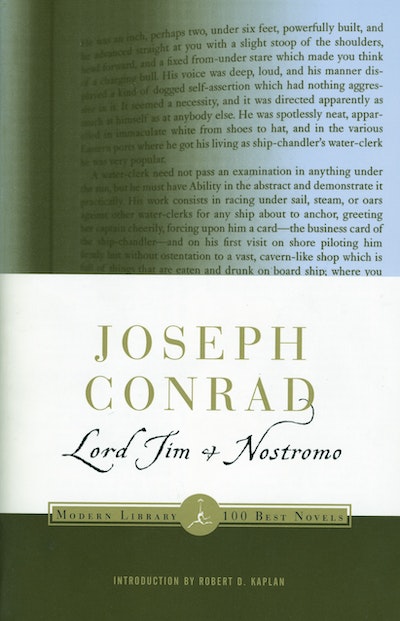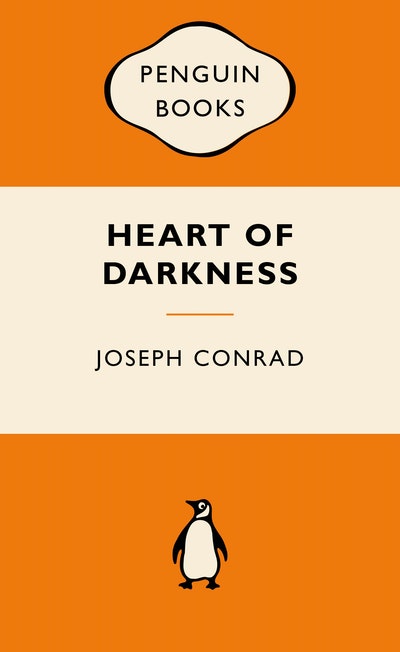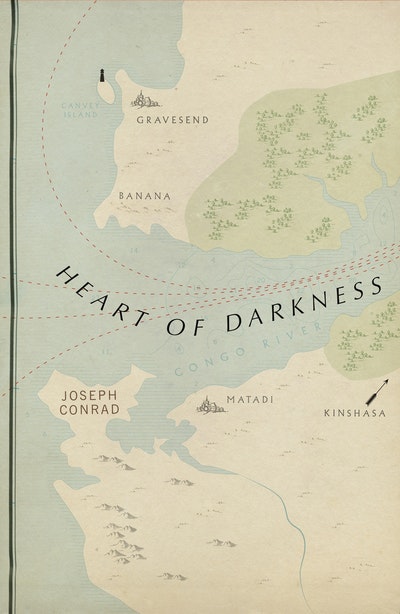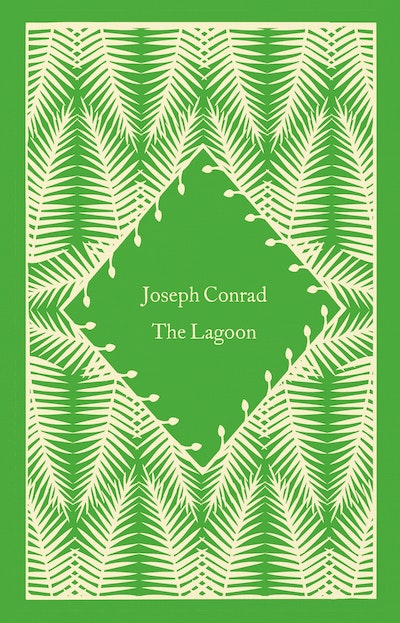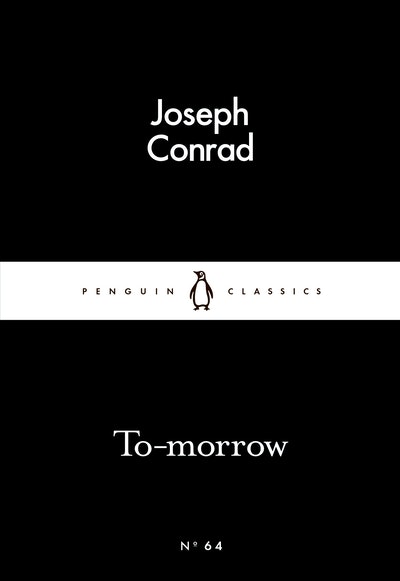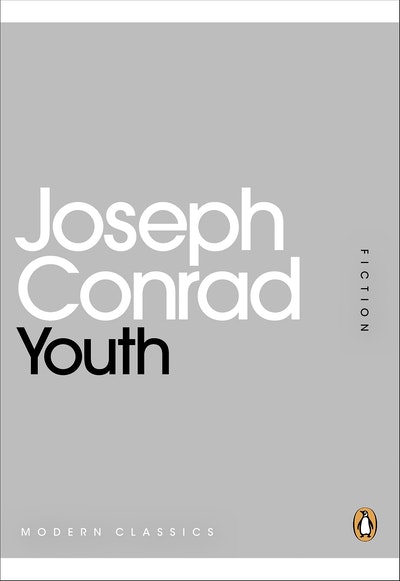Selected by the Modern Library as two of the 100 best novels of all time
WITH A NEW INTRODUCTION BY ROBERT D. KAPLAN
COMMENTARY BY VIRGINIA WOOLF, HAROLD BLOOM, EDWARD SAID,
F. R. LEAVIS, AND ROBERT PENN WARREN
" Never were Mr. Conrad's felicity of phrase and charm of atmosphere more obvious. . . . A book of the rare literary quality of Lord Jim is something to receive with gratitude and joy."--The New York Times
Originally published in 1900, Lord Jim is one of Joseph Conrad's most complex literary masterpieces. The story of a young sailor whose moment of cowardice haunts him for the rest of his life, Lord Jim explores Conrad's lifelong obsessions with the nature of guilt and the possibility of redemption.
Nostromo is considered by many to be Conrad's supreme achievement, and Conrad himself referred to Nostromo as his "widest canvas." Set in the fictitious South American republic of Costaguana, Nostromo reveals the effects that misguided idealism, unparalleled greed, and imperialist interests can have on a fledging nation. V. S. Pritchett wrote: "Nostromo is the most strikingly modern of Conrad's novels. It is pervaded by a profound, even morbid sense of insecurity which is the very spirit of our age."
Robert D. Kaplan's Introduction explains why the two novels together form Conrad's darkest glimpse into the flawed nature of humankind.
JOSEPH CONRAD (1857-1924) grew up amid political unrest in Russian-occupied Poland. After twenty years at sea in the French and British merchant navies, he settled in England in 1894. Over the next three decades, he revolutionized the English novel with works such as Youth (1902), Heart of Darkness (1902), Typhoon (1903), The Secret Agent (1907), Under Western Eyes (1911), Chance (1913), and Victory (1915).
ROBERT D. KAPLAN is a correspondent for The Atlantic Monthly and the author of seven books of travel and foreign affairs that have been translated into a dozen languages, including Balkan Ghosts, The Ends of the Earth, and An Empire Wilderness, all bestsellers, and a collection of essays, The Coming Anarchy. He lectures frequently to the U.S. military.
